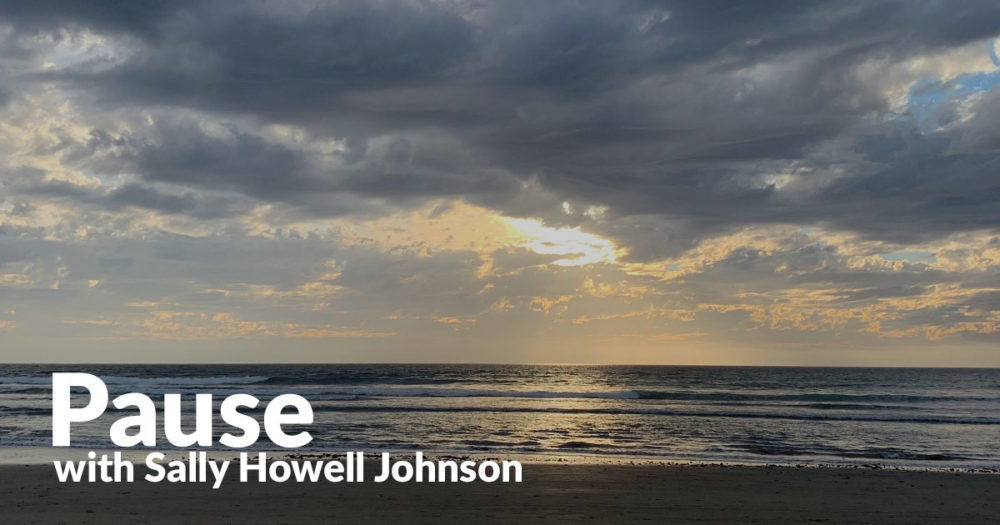One of my colleagues encouraged me to share some of the thoughts I offered last evening during our worship. What follows is a part of my meditation on the scriptures of Holy Thursday.
group of friends and begun asking those difficult to answer questions like “If
you were stranded on a desert island, and could have only one food…..or one
companion….what or who would it be?” Of even more difficult, “If you knew you
were going to die in a week or a month or even a year, what would you do?”
These kinds of hypothetical questions make for great conversation and sometimes
even some great soul searching.
for commandment. We gather in worship, knowing the story of
Jesus so well……, knowing that in the next days
we will remember Jesus’ last days, his arrest, his execution, his death, and
yet waiting and watching for God’s commandment to us. As people who call themselves Christian, we can reflect on what Jesus’ life held, knowing that the true journey of Lent is in asking what
it is God might be asking of us. Like the disciples that gathered with Jesus
during those fateful days, those who could only imagine what their future held,
we came together around the life of someone who had performed miracles,healed the sick, multiplied loaves of bread, walked on water,made
the blind see, the deaf hear, the lame walk. And whether or not we see those
stories as metaphor or literal, we came together waiting and watching for a
sign of what it means to be the kin-dom of God in our time, in our day. Often
in this searching we can rely on deep theological insight, powerful
scholarship, informed exegesis of scripture, or doctrines and creeds that
declare who we are and what we profess to believe. This allows us, in some way,
to keep our distance from this story, this life that has shaped our own faith
life. This intellectual process, while good and important, allows us to keep
the experience of Holy Week in our head. It allows us in some way to not
remember where the Jesus life began….with the incarnation. The indwelling of
God.
gathered with these people with whom he had lived and had come to love, his
message was not an intellectual message. It was not about what any of them
should believe or write or even preach. He did not even ask any them to write
down or commit to memory all he wanted them to remember. He did not ask them to
profess their belief or even to form a church. Instead he showed them what they were to do.
As one whose life embodied God’s presence in the world, he did a very earthy
thing….he began to kneel on the ground and wash the feet of his friends.
say that the surest way to teach a student something is not to talk about it
but to create an opportunity for the student to be active, to embody the
lesson. Jesus, who knew that the days of
his life were coming to an end, took the opportunity to answer the question:
”If you knew you were going to die in a few days, what would you do?” As Jesus
gathered with this motley crew of sometimes passionate, often fool hardy and
lazy, but beloved characters, he took the opportunity to be what he was…..a
rabbi….a teacher. He claimed in that moment what it meant to be an incarnation
of God, fully in his earthly and earthy body. As he knelt before the dirty,
dusty, sandaled feet of his followers he took the water, as he might have done
in their baptism, and through the blessing of his presence, his prayer and his
touch, he reached out in his own vulnerability to theirs…….shoeless, fearful,
perhaps embarrassed to have their feet washed by the one they knew to be the
face of God in their midst.
down, ashamed of their feet, full of callouses, blisters and broken nails. And
then the moment when the water and his touch refreshed their soles and brought
relaxation and comfort. As one after another they removed their sandals, even
wild and wanting Peter, came to rest at the tender touch of this earthy Jesus.
He knew them in this moment in a way he had not before. And they knew him in
ways that would change their lives forever…….not because of anything he said,
or what they believed, but through his act of humility and love.
Maundy,……Commandment. The legacy of this day is that in Jesus’ doing, in his
act of washing the feet of his friends, he answers the question what he will do
when he knows he only has a few days to live. The legacy of this day is that it
calls us to be a ‘doing’ people not primarily a believing people. It is the
commandment of the one who practiced incarnation that we are to be about the
work of God in the fullness of our earthly, earthy bodies, not in spite of them
as we have often been taught, but in the
flesh and through the flesh.
This is the gift and the commandment of Maundy Thursday.
